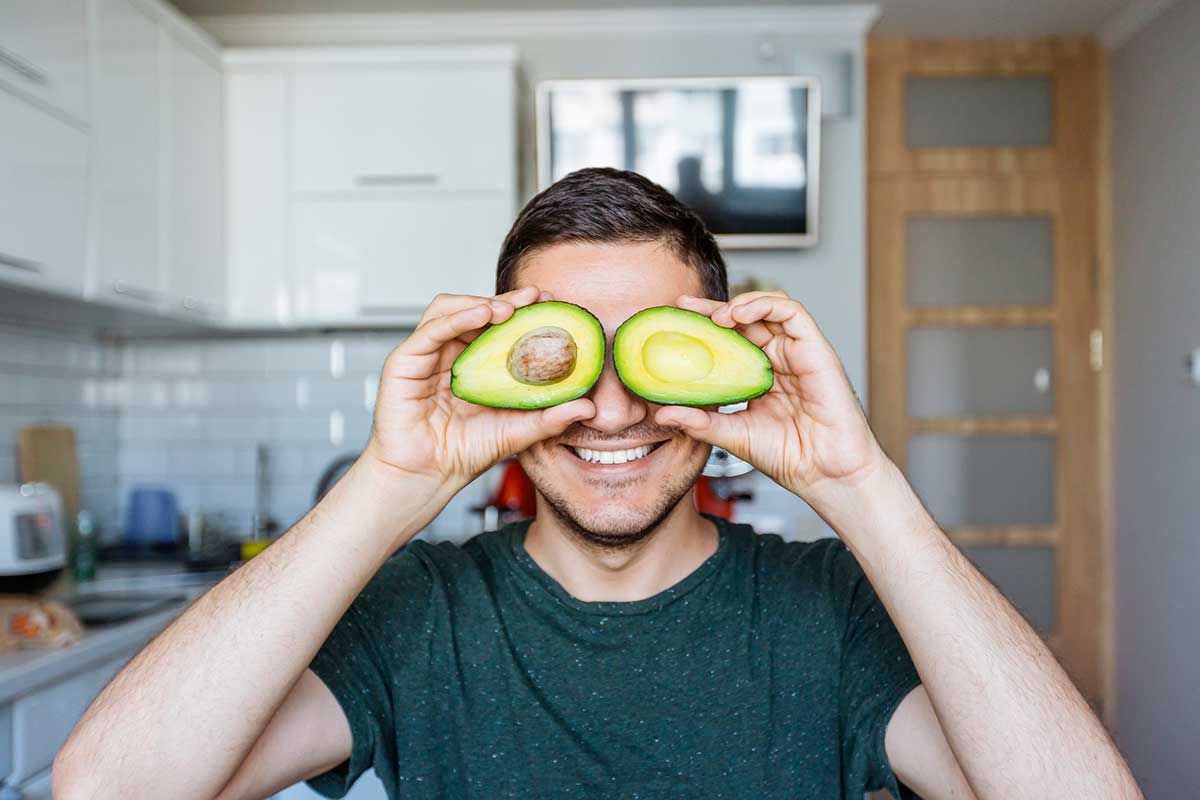Gut-Healthy Foods: Eating for Your Digestive Health
Feb 6, 2024

When you think about your health, your digestive system might not be the first thing that comes to mind. But a healthy gut has a significant impact on your overall health.
All of us have a gut microbiome that contains hundreds of types of bacteria. You’re probably used to hearing the word “bacteria” in relation to infections. In your gut, though, there are actually many types of good bacteria and a few fungi. The balance of your gut microbiome is linked to multiple conditions, including:
- Autoimmune diseases
- Cancer
- Cardiovascular disease
- Endocrine conditions
- Gastrointestinal disorders
- Mental health disorders
How do you know if your gut health is off?
Everything from your stress levels to what foods you eat can affect your gut health. Sometimes, an underlying hormonal imbalance or chronic condition can throw off your gut.
Some symptoms of a gut imbalance include:
- Bloating and gas
- Constant fatigue
- Diarrhea or constipation
- Food intolerances (i.e., lactose intolerance which can cause many of these symptoms)
- Heartburn
- Skin irritation
- Unintentional weight fluctuations
Fortunately, some diet and lifestyle changes may help you improve your gut health naturally.
Understanding probiotics
In the last few years, there’s been increasing buzz around probiotics. But what are probiotics? Do you need to take a probiotic supplement, or can you get your probiotics in food? And do you even really need them?
The short answer is yes, you do need probiotics. Probiotics are microorganisms that contain live good bacteria. They help balance the bacteria in your gut, aid digestion and even fight off infections and diseases.
Experts recommend eating at least one food source of probiotics daily. Foods like sauerkraut, kimchi, kefir, yogurt and cheese are all rich in probiotics. But it’s important to realize that how you prepare these foods can alter the probiotic content. For example, heating up these foods may “kill” the probiotics, so you won’t get the same nutrient benefits.
You should also understand that probiotics won’t do much for your health without their partner bacteria, prebiotics. Prebiotics are rich in fiber. They also help feed healthy gut bacteria. Along with fermented and other probiotic-rich foods, make sure you’re getting enough fiber-rich foods, such as whole grains, beans, vegetables and fruits.
Do I need a probiotic supplement?
Probiotic supplements are another common way that people aim to balance their gut. But it’s important to recognize that taking an occasional supplement won’t do you much good. Consistency is key.
It’s also important to recognize that all of us have different probiotic balances already in our gut. You should speak with a doctor before starting any supplement.
What other foods will help balance my gut?
One of the best things you can do to balance your gut is avoid processed, high-sugar foods. These foods can actually encourage unhealthy bacteria to grow and flourish. If you eat a very processed diet, it’s probably going to cancel out that daily probiotic.
Instead, focus on fresh, whole foods as much as possible. Incorporate gut-friendly ingredients such as:
- Collagen-rich foods, such as salmon skin and bone broth
- Fruits and vegetables
- Garlic
- Nuts and legumes
If your gut symptoms are severe or interfere with your daily activities, talk with your doctor. They can help figure out if there’s an underlying cause and offer treatments to help you find relief. Find an Adventist Health provider near you.


